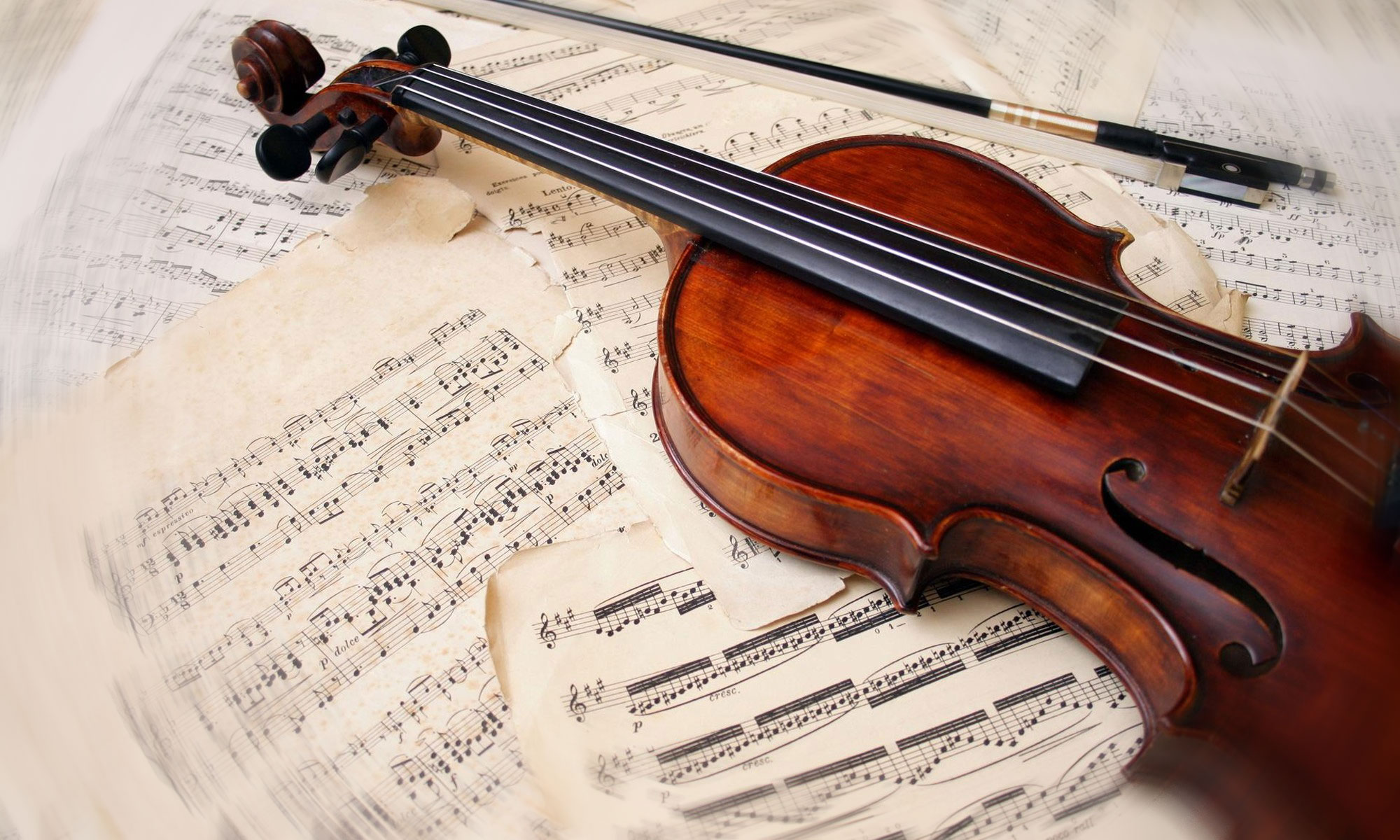Harp Lessons
The iconic image of the medieval harper, in his brightly brocaded costume, traveling from village to village performing ballad-songs, sharing news, and keeping an eye out for information is a fixture in our imaginations of the near-ancient world. Before telephones, cable messages, or twenty four hour news television the bard was a prized source of news, communication, with on more than one occasion a touch of political manipulation. Nassau Bay Music Lessons offers harp lessons in our Clear Lake Texas studios with instructors who specialize in Irish or folk-harps, portable lap sized instruments designed to carry their intricately plucked melodies anywhere your feet may lead you.
The principal technique required to read and perform on the harp is very similar to playing the piano, and so the instrument makes for a great introduction to music for both children and grown-ups with a penchant for medieval nostalgia. With its comparably small size, and nearly three octave range, a twenty two stringed instrument can be acquired relatively inexpensively online (we prefer instruments from mid-east.com), and allows for easy transportation. Also, most piano music can be adapted and performed on the harp with relative ease, so a convincing argument can be made for easy access to many popular pieces of music, from renaissance or Tudor period pieces to “Let it Go” from the soundtrack to Frozen.
The earliest examples of harp-like instruments were Sumerian specimens from Mesopotamia some five to six thousand years ago, and by the advent of the common era very modern looking angular harps possessing horizontal sound boxes were found all across the Persian and Hellenistic empires. And though the Greeks, Egyptians, Persians, Indians, Africans, Europeans, and Meso-Americans all cherished and treasured the harp, nowhere else have these stringed ambassadors of poetry incarnate held such a hold over a peoples popular identity as in Ireland, where the harp is still the national symbol of the country.
In the eighteenth century, blind Irish singer, composer, and harper Turlough O’Carolan (Toirdhealbhach Ó Cearbhalláin) traveled throughout Ireland for over fifty years collecting and transcribing traditional pieces of music. In addition to cataloguing this wealth of material, he also composed and sang hundreds of airs and songs of his own devising, both in contemporary European melodic style and in the older Gaelic tradition. Often performing for his food, drink, and lodging, O’Carolan either invented or popularized the musical term “planxtie”, to proclaim appreciation of his winsome hosts, and many of his compositions bear the word in their title. So great was the Irish’s respect for their native troubadour, that not only did his wealthy patrons frequently invite him to dwell at their estates and manor-houses for months at a time, but frequently funerals and weddings were delayed until his arrival!

